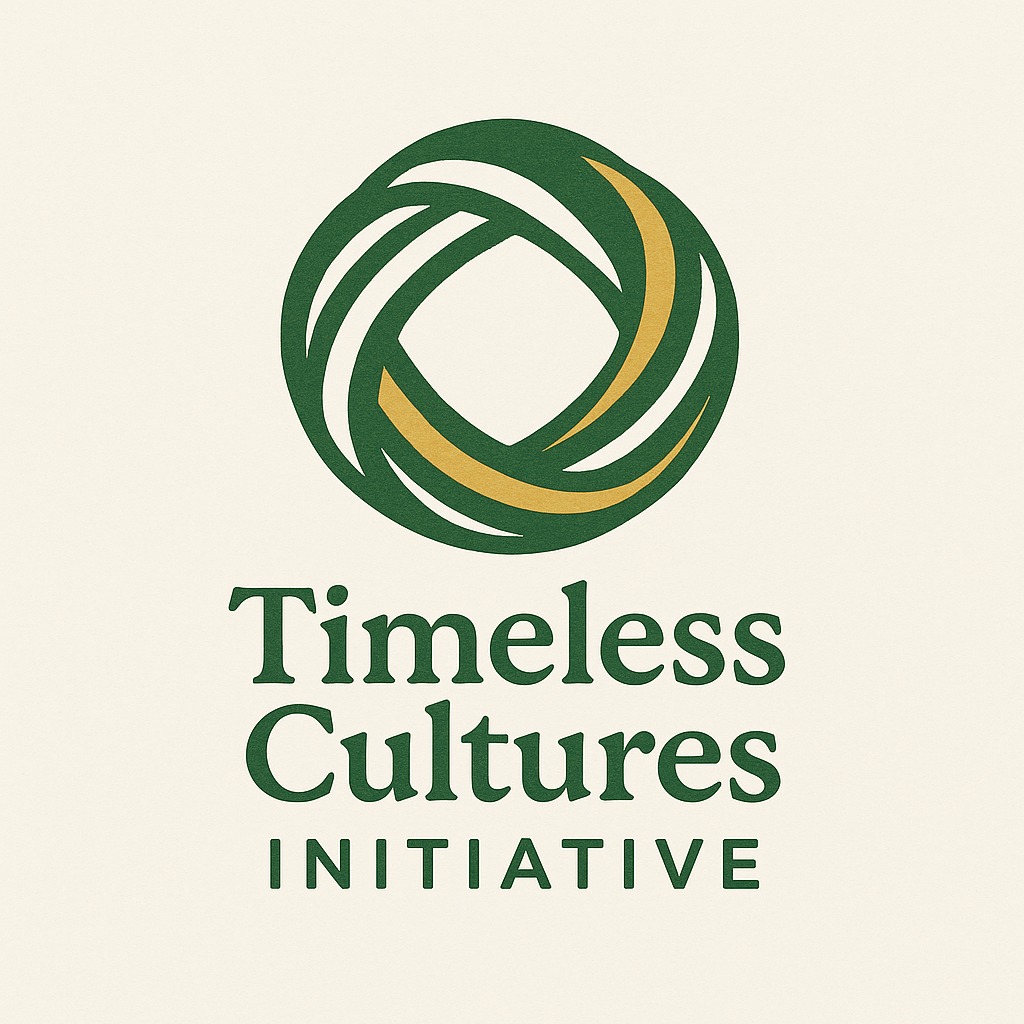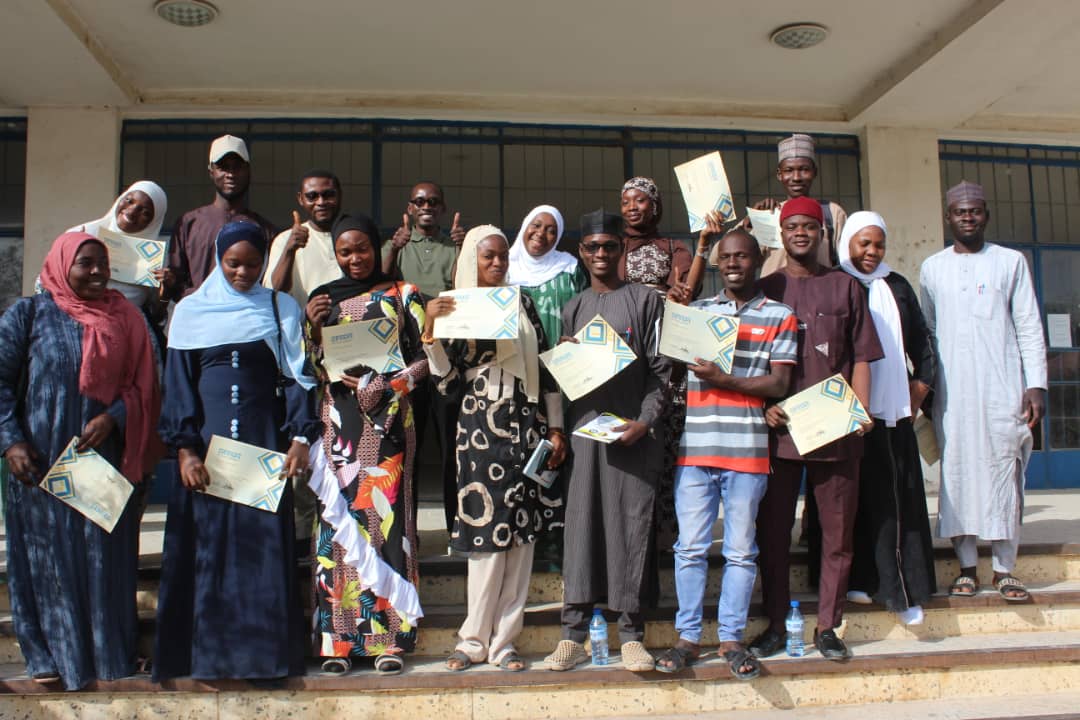In February 2025, a unique initiative took root in Kano, Nigeria, aimed at bridging the gap between modern education and the rich cultural heritage of the Hausa people. Roots & Futures brought together a group of 15 NYSC (National Youth Service Corps) members, who were trained to document and share the essence of Hausa traditions with young students in urban schools. The goal: to preserve cultural practices through the lens of youth engagement and modern technology.
The project was divided into two key components: Archiving and Preservation.
- Archiving: The NYSC members, equipped with smartphones, played a crucial role in documenting and digitally archiving cultural knowledge for future generations. By capturing photos, videos, and detailed descriptions, they contributed to a growing digital platform designed to preserve these traditions in an easily accessible format.
- Preservation: The second aspect of the project focused on passing down this cultural knowledge to the next generation. The NYSC members worked with cultural experts, including those knowledgeable in Lalle (henna art), Gurasa (local bread), and Hausa traditional dance, to introduce students — both primary and secondary school children — to these practices. The dance sessions, where the entire school participated, were especially impactful, emphasizing the power of cultural heritage to unite and inspire.
Prior to the workshop, a framework was developed to guide the NYSC members through their tasks, ensuring they had a clear structure. This framework was pivotal in helping the members complete their mini-projects efficiently. Some members were able to carry out their projects in as little as a week, and many mentioned how without the framework, they would have been unsure where to start.
A major revelation came when the team worked closely with cultural experts. These experts had long been alienated from the classroom due to language barriers and lack of formal education. However, with the help of interpreters, they were able to reconnect with students, share their knowledge, and ignite a renewed sense of pride in traditional practices. This was a moment of empowerment, not just for the experts, but for the students as well, who had the opportunity to learn directly from those who carried the heritage in their hearts.
The project garnered significant attention in the media, with Leadership Newspaper publishing a story that highlighted the importance of cultural preservation. Additionally, Freedom Radio in Kano conducted an interview with the project team, which aired on radio, reaching a wider audience and further solidifying the relevance of the initiative.
At the academic level, support came from a Head of Department (HOD) at Ahmadu Bello University, whose involvement helped bring further credibility to the project and connected the team with cultural experts.
Roots & Futures not only achieved its goal of teaching young people about their cultural roots but also played a pivotal role in both archiving and preserving these traditions for future generations. It reminded us that cultural knowledge is most powerful when shared and that with the right tools, the next generation can be both the torchbearers and the innovators of tradition.

